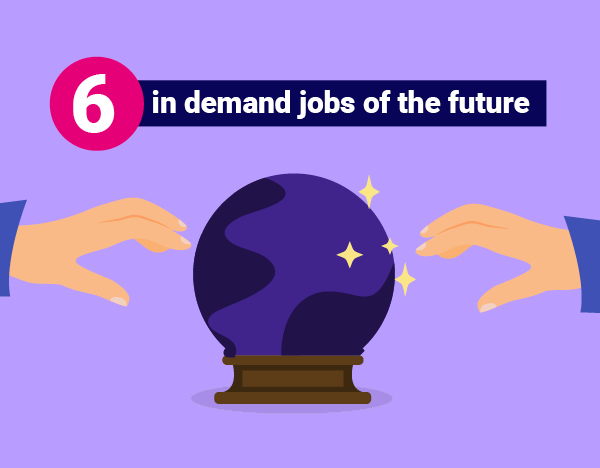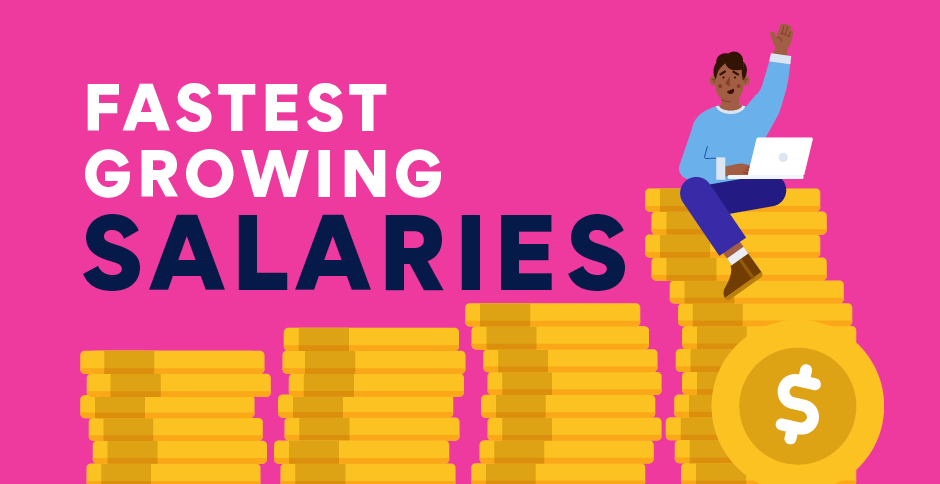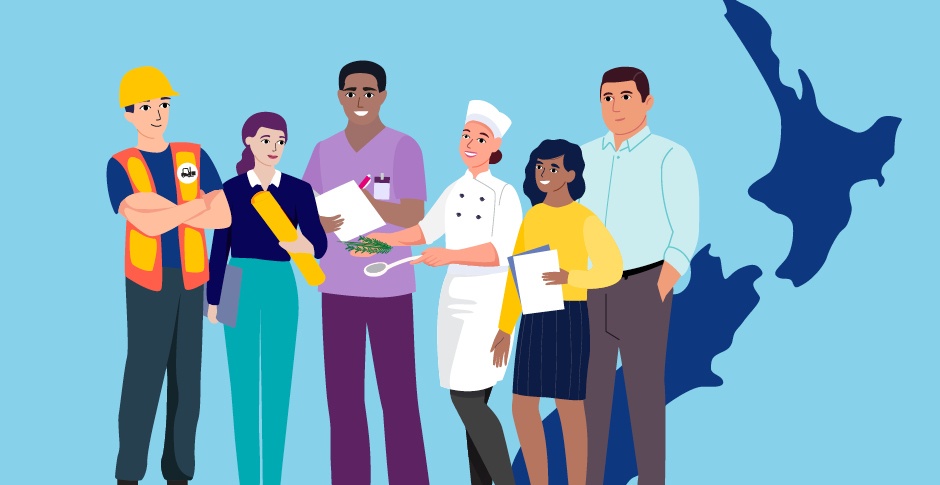Whether you’re looking for a change or just curious, it’s worth exploring: what jobs will be in demand in the future?
Technology might be your first thought. But interestingly, with technology allowing for more jobs to be automated, jobs of the future will be more human-centric – focusing on health and wellbeing and helping humans live their best lives.
Futurist Morris Miselowski explains: “While there will still be a need for people who can code, these types of skills will be cooling down and making way for those who can integrate tech and humanity,” he says.
“The health and wellbeing sectors will also be growth industries, we are increasingly taking wellbeing into our own hands – including when it comes to caring for our elders, and we are learning to be more discerning in this age of information.”
Here are the careers he predicts will be big in the future:
- Health and wellbeing
A range of job types will be in focus here: from health and wellness coaches to physios, personal trainers, nutritionists and dietitians. Our increasing interest in health and wellbeing and growing awareness of choosing suitably qualified health practitioners means study and experience in these fields will be time well spent.
- Mental health workers
The isolation many of us experienced through COVID-19 has shone a light on the message that mental health is just as important as our physical health. Careers in this in area will cover a broad range; think anything from telehealth counselling to senior policy making.
- Geriatric care
With an ageing population and a shift in what we want from aged care to focus more on at-home care, all the usual health services will require more workers for this format – including fields such as physiotherapy. It’s also likely there’ll be a surge in demand for people who provide help with everyday living; think gardening, meal provision, driving and delivering supplies.
- Physician assistants
With it taking up to 15 years on average to become a fully qualified specialised surgeon, there’s potential for more demand for physician assistants, who can be trained in far less time to reduce wait lists. Don’t be alarmed; this doesn’t mean an influx of trainees being elevated to expert ahead of time.
Physician assistants or PAs practice delegated medicine, meaning they perform patient exams, order and interpret tests and imaging, diagnose, order treatment, formulate management plans and review patients, assist in surgery, perform minor surgical procedures as required, and refer people to specialists.
- Virtual influencer ‘teams’
When you consider the world’s top ‘robot influencer’ Lil Miquela (a.k.a. Miquela) pulls in almost $10 million a year through social media platforms, and her closest competitor Noonoouri is netting $2.5 million per annum, learning to build and brand virtual influencers is likely to become a much coveted career in the future. More than simply knowing how to code, you’ll be looking for expertise in psychology to nail this career brief.
Why? Miquela is a Japanese virtual rock star who holds sold-out real-life concerts while Noonoouri is an activist, vegan and fur-free supporter strutting virtual runways around the globe. These personas, who update as often as real-life influencers, are established on the basis of detailed intel on what audiences respond, to both appearance and behaviour-wise.
- Robotic to human experts
This work takes a blend of IT, psychology and consumer behaviour skills. It’s all about exploring and refining the bridge between humans and technology. It can involve influencing habits and purchases through in-app experiences, voice command tech and programming tech to deliver a unique experience or recommendation specific to each time, situation or place.
In short, careers that have a focus on helping humans live their best lives is the biggest trend Miselowski is expecting to see in our future job landscape.



